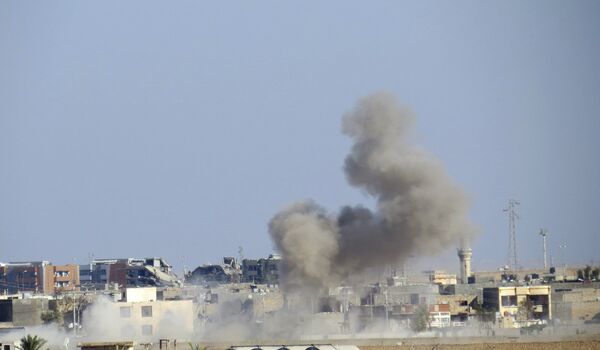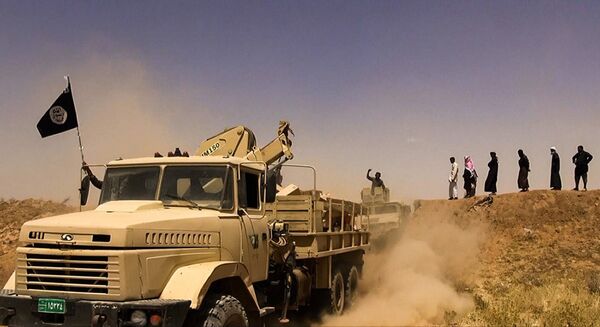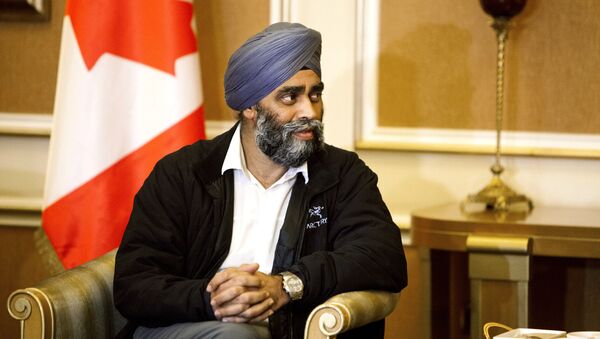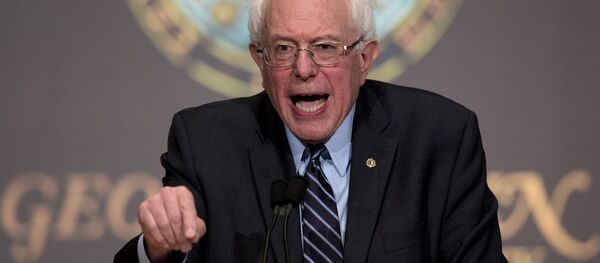Canadian Defense Minister Harjit Sajjan hasn't received an invitation to the anti-Daesh coalition gathering scheduled for Wednesday in Paris, according to the Canadian news network CBC.
Taking part in the meeting will be the Defense Ministers of Australia, Britain, France, Germany, Italy, the Netherlands and the United States. The future of the fight against Daesh is set to be high on its agenda.
What a diff 6 mos makes: June 2015 - Canada Hosts Anti-ISIS Meeting; Jan 2016 - Canada Not Invited to Anti-ISIS Meeting. #becauseits2016
— James Bezan (@jamesbezan) 19 января 2016
CBC quoted Omar Alghabra, parliamentary secretary to the Canadian Foreign Minister, as saying that "not being invited didn't come as a surprise" given that the forthcoming meeting will be a "spontaneous" event.

He said that the seven-strong group meets regularly, regardless of Canada and that the only difference this time is that the countries will meet at the ministerial level.
CBC also pointed to the fact that there was no mention of Canada during US Defense Secretary Ashton Carter's speech last week, when he said that the six other nations invited to the Paris meeting are "playing a significant role" in the fight against Daesh.

CBC also cited several Canadian defense experts as saying that they see their country not being invited to the Paris gathering as a "snub." For example, Dave Perry of the Canadian Global Affairs Institute said that "not being invited means that Canada is left out of critical conversations," according to CBC.
"We'll quite literally not be at the table, as the other significant members of the coalition are sitting around, making the decisions about how the mission evolves," he said.
Daesh, also known as the Islamic State (ISIL/ISIS), is now believed to be a major threat to global security. In the past three years, the terrorists have managed to capture large territories in Iraq and Syria, and they are also trying to spread their influence in North Africa, especially Libya.
Adding to the Syrian Army's anti-Daesh effort is Russia's air campaign, which was launched on September 30, when more than fifty Russian warplanes, including Su-24M, Su-25 and Su-34 jets, commenced precision airstrikes on Daesh and al-Nusra Front targets in Syria at the behest of the country's President Bashar Assad.



